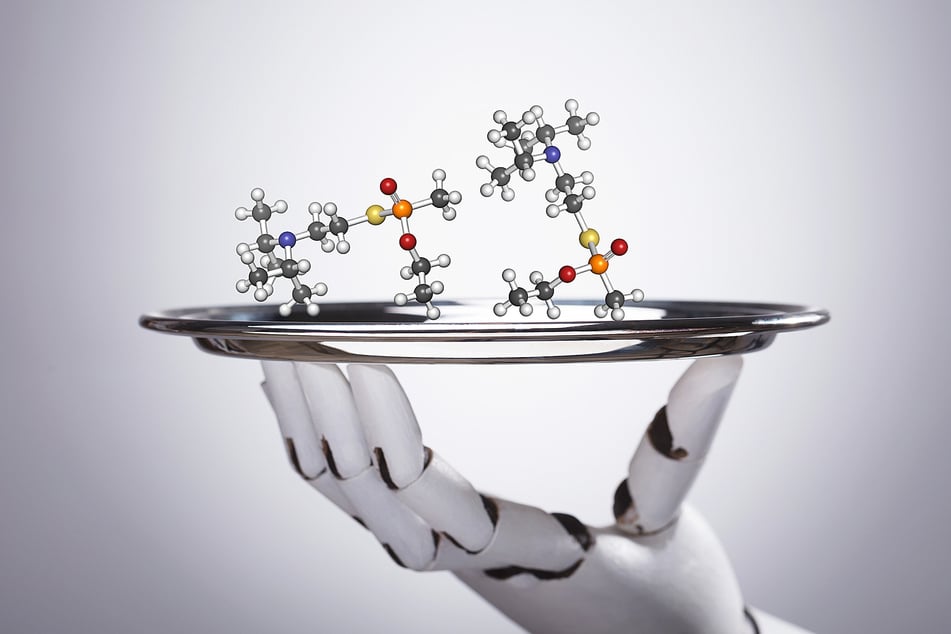Artificial Malevolence: New study shows terrifying potential of AI for chemical weapons
Raleigh, North Carolina - A new trial of a fancy molecule-testing company proved yet again that Artificial Intelligence (AI) can be an extremely dystopian branch of technology.

Researchers associated with Collaborations Pharmaceuticals released an article in Nature that outlined how their AI was able to come up with 40,000 toxic chemical compounds, including the highly lethal VX nerve agent, in less than six hours.
Many of the results the AI came up with are biochemical weapons, and the odorless, tasteless VX nerve agent is classified as a weapon of mass destruction.
Until this ominous test, the team had tasked its AI program, "MegaSyn", with virtually designing and testing different chemicals to be sure they weren't too toxic for people, in the hopes of finding new types of medicine.
Then the researchers decided to flip the switch on the machine learning in their AI, and instead of rewarding the program for finding less toxic chemicals, it was told to find the absolute worst chemical compounds possible.
Their "flip-the-switch" trial was part of preparation for an international conference on weaponized chemicals, organized by The Swiss Federal Institute for Nuclear, Biological, and Chemical Protection at the Spiez Laboratory.
The authors owned up to being naive, since this was the first time in "decades using computers and AI to improve human health" that they thought about what would happen if AI were misused.
Even though some of their previous research included working with Ebola, they didn't hear the alarm bells ringing.
"The thought had never previously struck us," the authors wrote.
"The reality is that this is not science fiction. We are but one very small company in a universe of many hundreds of companies using AI software for drug discovery."
Companies like Meta/Facebook have praised AI, but this lauded tech can easily be heavily misused, the researchers warned.
Cover photo: Collage: IMAGO / agefotostock, Panthermedia (Stock)
